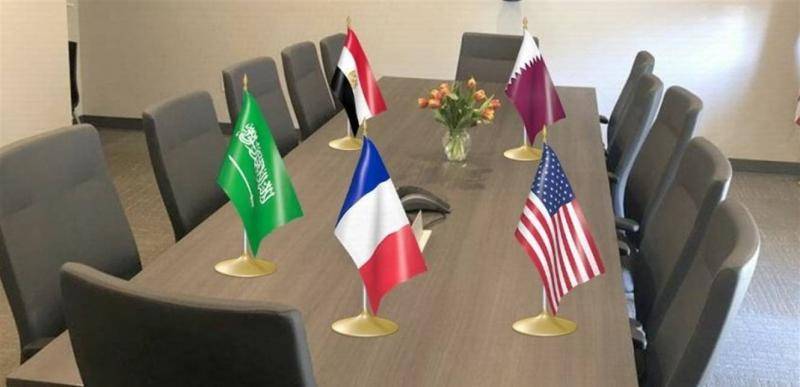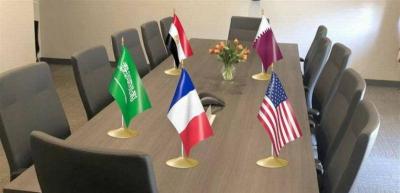A significant escalation was witnessed in the Israeli aggression against Lebanon yesterday, with enemy forces launching attacks on three vehicles in Shababia and Ain Baal in the south, and assassinating three members of "Hezbollah." The Israeli army claimed that two of them were field leaders responsible for launching rockets towards Israeli positions. This escalation followed a "Hezbollah" operation targeting a military site in Kiryat Shmona with two attack drones, resulting in injuries to Israeli soldiers. This qualitative attack indicates that "Hezbollah" has raised the level of confrontation and begun to resort to new offensive tactics after infiltrating and planting a bomb that was detonated against a convoy of the "Golani" brigade.
It is noteworthy that this apparent escalation from both sides occurred after rising tensions between Iran and Israel in the region, suggesting that all fronts are interconnected and affected by ongoing developments. The region may have entered a more brutal phase of the conflict, and this escalation could reach more advanced levels as time progresses.
In this context, attention is turning towards Israel and its response to the recent Iranian attacks, with information emerging from within Israel indicating that a decision to retaliate has been made, though the exact form of that response is not yet determined, especially since the issue lacks American support, even though the United States has pledged to ensure Israel's security in any case.
Internally, the activity of the "Quintet" committee has returned to dominate the presidential scene, though there are no high hopes for this new movement since there is a conviction that the presidential elections will not be completed until regional settlements are achieved and influence is redistributed. However, interest remains focused on the committee's ability to effect change.
MP Mohammed Yahya, a member of the "National Accord" bloc, spoke about the meeting that brought the bloc together with the ambassadors of the Quintet committee, noting that it resembled previous meetings without any new developments. "The ambassadors ask questions with the aim of achieving a 70% consensus among the blocs, and they do not raise names, only specifications."
In an interview with the "Anbaa" electronic newspaper, Yahya pointed out that "the same approach may not yield actual results, and a change in methodology is required. There is a proposal to gather the blocs in a manner resembling a consultative session," hoping to achieve some breakthrough in this file.
Thus, the region is boiling with Iranian-Israeli escalation, and all upcoming responsibilities in Lebanon and the region are frozen until the war ends, which is expected to be prolonged given Israel's intention to invade Rafah and the ensuing humanitarian tragedies. Consequently, until the time for settlements arrives, matters remain wide open, according to the "Anbaa" electronic newspaper.




